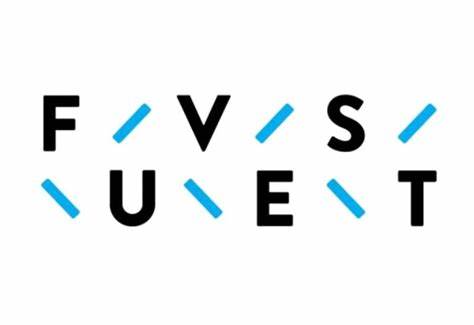
Questão 44 Fuvest 2022 - 1ª fase
Fatbergs are a growing scourge infesting cities around the world— some are more than 800 feet long and weigh more than four humpback whales. These gross globs, which can cause sewer systems to block up and even overflow, have been plaguing the U.S., Great Britain and Australia for the past decade, forcing governments and utilities companies to send workers down into the sewers armed with water hoses, vacuums and scrapers with the unenviable task of prying them loose.
"It is hard not to think of [fatbergs] as a tangible symbol of the way we live now, the ultimate product of our disposable, out of sight, out of mind culture," wrote journalist Tim Adams in The Guardian.
At their core, fatbergs are the accumulation of oil and grease that's been poured down the drain, congealing around flushed nonbiological waste like tampons, condoms and baby wipes. When fat sticks to the side of sewage pipes, the wipes and other detritus get stuck, accumulating layer upon layer of gunk in a sort of slimy snowball effect.
Fatbergs also collect other kinds of debris—London fatbergs have been cracked open to reveal pens, false teeth and even watches.
Restaurants are a big contributor to fatbergs: Thames Water, the London utilities company, found nine out of 10 fast-food eateries lacked adequate grease traps to stop fat from entering the sewers. Homeowners also contribute to the problem by pouring grease and fat down the sink.
Even though its component materials are soft, fatbergs themselves can be tough as rocks. Researchers have found a host of dangerous bacteria in fatbergs, including listeria and e.coli.
Fatbergs are notorious for their fetid smell, which can make even the hardiest sewer workers gag, and chipping away at one can release noxious gases.
The key to fatberg prevention is remembering the four Ps: Pee, poo, puke and (toilet) paper are the only things that should be flushed.
Newsweek, 14 March, 2019. Adaptado.
Considerado o contexto, os quatro elementos associados à prevenção dos fatbergs têm em comum o fato de
| a) |
conterem pouca gordura. |
| b) |
ocorrerem em quantidade reduzida. |
| c) |
serem considerados matéria orgânica. |
| d) |
terem sua frequência controlada. |
| e) |
estarem livres de bactérias. |
No trecho final do texto, temos: The key to fatberg prevention is remembering the four Ps: Pee, poo, puke and (toilet) paper are the only things that should be flushed.
A chave para a prevenção de fatberg é lembrar os quatro Ps: Xixi (pee), cocô (poo), vômito (puke) e papel (paper) (higiênico) são as únicas coisas que devem ser eliminadas pela descarga.
a) Incorreta. Como podemos verificar pela tradução do trecho final do texto, o que se sugere é que apenas, xixi, cocô, vômito e papel higiênico sejam jogados no esgoto, mas não por conterem pouca gordura, e sim por inferirmos que são materiais orgânicos..
b) Incorreta. Não dá para afirmar que xixi, cocô, vômito e papel higiênico ocorrem em quantidade reduzida.
c) Correta. Podemos inferir pelo texto que os quatro P´s , pee (xixi), poo (cocô), puke (vômito) e paper (papel higiênico) são considerados matéria orgânica e, por isso, podem ser descartados no esgoto.
d) Incorreta. Não se pode afirmar que os quatro P´s têm sua frequência controlada.
e) Incorreta. Não podemos afirmar que nas fezes e na urina não há a presença de de bactérias.